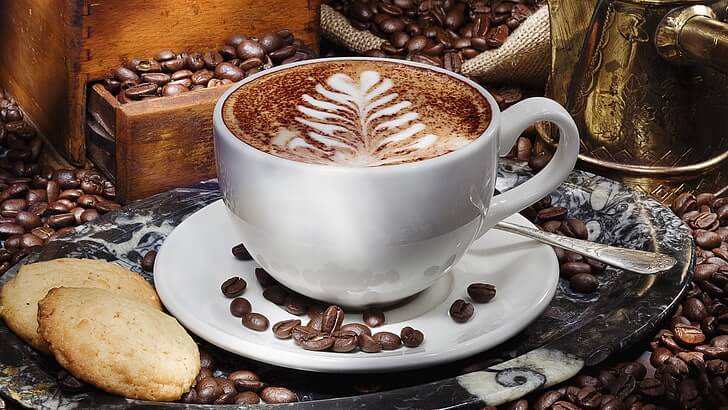The Science Behind the Perfect Cup of Coffee: A Coffee enthusiast‘s Perspective
For many people, starting the day with a cup of coffee is an essential part of their morning routine. But what makes the perfect cup of coffee? As a coffee enthusiast, I have delved into the science behind brewing the perfect cup, and I’m excited to share what I’ve learned. From the beans to the brewing process, there are scientific principles at play that can help us achieve that ideal cup of joe.
The Coffee beans
It all starts with the beans. The type of coffee beans, their origin, and how they are roasted all play a crucial role in the flavor profile of the coffee. Arabica and Robusta are the two main species of coffee beans, with Arabica being the more preferred choice due to its smoother, more complex flavors. The climate and soil conditions in which the beans are grown also impact their flavor.
The roasting process is where the magic happens. During roasting, a chemical reaction called the Maillard reaction occurs, which results in the browning of the beans and the development of complex flavors. The length of the roasting process can affect the flavor profile, with lighter roasts retaining more of the bean’s original characteristics, and darker roasts developing more intense, caramelized flavors.
The Brewing Process
Once you have the perfect beans, the brewing process is equally important in creating a great cup of coffee. One of the key elements in coffee brewing is the extraction of flavors from the ground coffee beans. This is achieved through the process of percolation or infusion, depending on the brewing method used.
Water temperature also plays a critical role in the brewing process. The ideal temperature for brewing coffee is between 195°F and 205°F. Water that is too hot can result in over-extraction and a bitter taste, while water that is too cold may not fully extract the flavors from the beans.
The grind size of the coffee beans is another important factor. Different brewing methods require different grind sizes to achieve the optimal extraction. For example, a fine grind is ideal for espresso, while a coarser grind is better suited for French press brewing.
FAQs
What is the best way to store coffee beans?
To maintain the freshness of coffee beans, it’s best to store them in an airtight container in a cool, dark place. Avoid storing them in the refrigerator or freezer, as moisture and odors can affect the flavor of the beans.
What role does water quality play in the brewing process?
The quality of water used for brewing coffee is crucial. Ideally, the water should be free from impurities and have a balanced mineral content. If the water tastes good on its own, it will likely produce better-tasting coffee.
Is a burr grinder better than a blade grinder for grinding coffee beans?
Yes, a burr grinder is generally preferred over a blade grinder for grinding coffee beans. Burr grinders provide a more consistent grind size, which is essential for even extraction during the brewing process.
How does the brewing time affect the flavor of coffee?
The brewing time can impact the strength and flavor profile of the coffee. A shorter brewing time may result in a lighter, milder cup, while a longer brewing time can produce a stronger, more robust flavor.
“All images and products featured on this Blog.troca.cafe are the property of their respective owners. All rights to these materials are acknowledged and reserved.”
